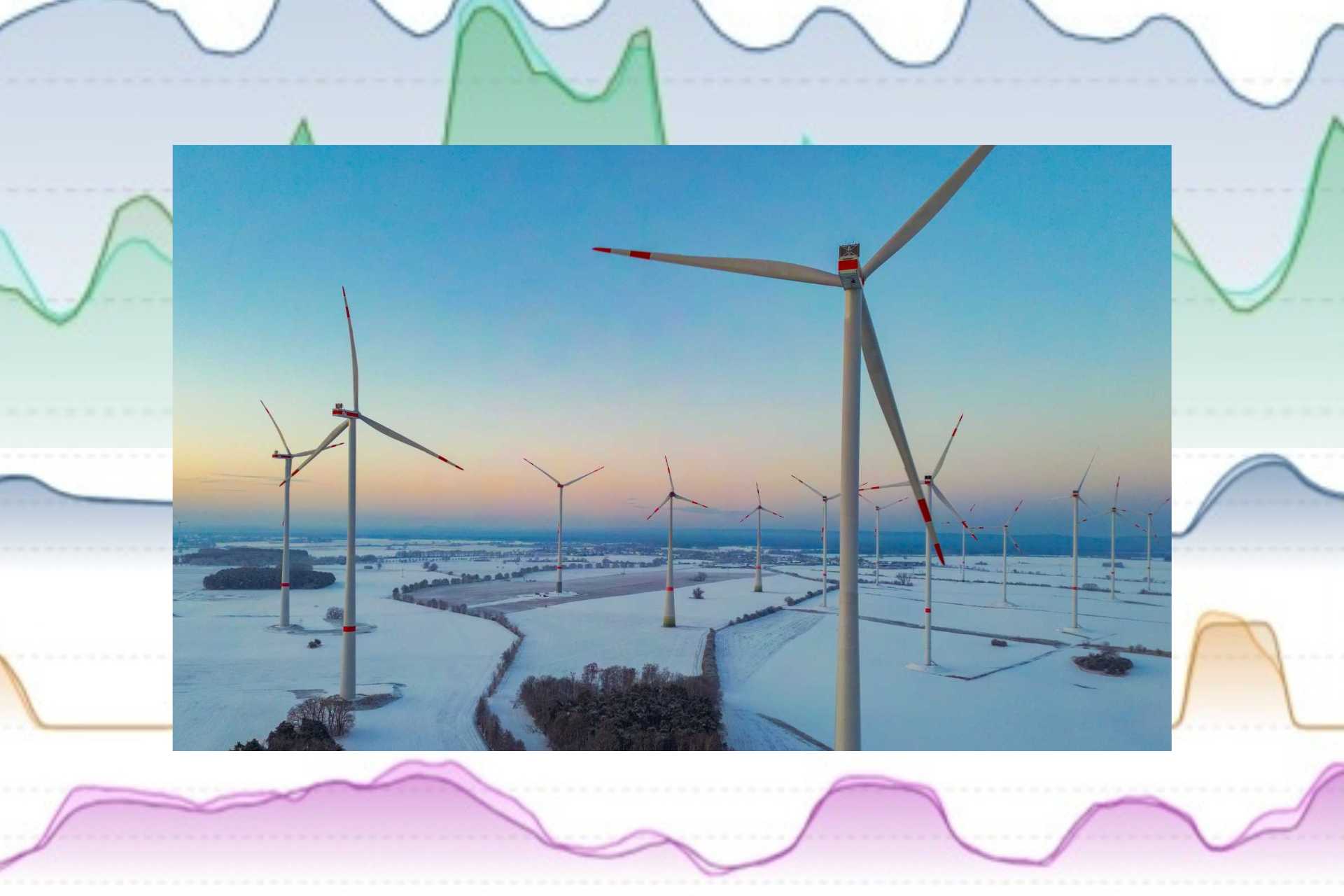
Get the latest climate technology news directly to your inbox.
Exclusive: Amperon teams up with Microsoft as it enters the utility market
Microsoft wooed the AI forecasting startup with the promise of introductions to top utilities.

Photo credit: Patrick Pleul / picture alliance via Getty Images // Background image credit: Amperon

Photo credit: Patrick Pleul / picture alliance via Getty Images // Background image credit: Amperon
Houston-based grid analytics company Amperon is transferring its modeling and forecasting technology from Google Cloud Platform to Microsoft Azure, the startup told Latitude Media. The move comes as Amperon looks to expand its market reach and target the elusive utility segment.
- The top line: Amperon honed deployment of its tech in markets with shorter sales cycles than those of utilities, such as retail energy providers, wholesale traders, and big box retailers. But as it looks to expand to the utility market, Microsoft’s connections in the sector offer a leg up.
- The market grounding: Analysis from Indigo Advisory Group indicates that the market for artificial intelligence in the energy sector could be worth $13 billion, and forecasting and planning are key components of that market. Amperon, which uses machine learning to create hourly demand and supply analytics, is already reaping the benefits of the surge of interest in the tech; in October, the company closed a $20 million Series B round, in part to help grow its headcount and expand into new markets.
- The current take: Amperon CEO Sean Kelly said that much of Microsoft’s appeal came down to its leverage in the utility market. “As an early stage startup, utilities will ask you to do a variety of things, [like] participate in accelerators and incubators,” Kelly said. That’s both time consuming and expensive for growth-stage companies. Partnering with Microsoft can ease that transition, he added: “They’re setting up meetings for us, because it benefits both of us.”
Amperon’s suite of tools to forecast demand, wind, and solar output will soon be fully up and running on Azure, Kelly said, and available to Microsoft’s utility customers. Today, less than a quarter of Amperon’s clients are utilities, in part because of the time and money it takes to set up even a small pilot in that sector, Kelly said.
But since October, he’s met with “probably 40” Microsoft employees, and the tech giant’s courtship signaled a level of enthusiasm for the product — and for its potential for the utility sector — that Kelly has “never seen before.” (That’s compared to the “zero interactions” Amperon had with Google about partnership or reselling, he said.)
Hanna Grene, Microsoft’s global operations and go-to-market leader of energy and resources, said Microsoft’s investment in AI for grid flexibility is part of the company’s strategy, in part because it has no plans to enter the energy space with products of its own.
“You’re not going to see Microsoft offer an energy meter — we aren’t building the future of grid controls,” Grene told Latitude Media. “We’re not going to come eat your lunch and compete with you. I think that’s really meaningful, and is part of our value proposition as a technology partner to the whole industry.”
For growth-stage companies, particularly those in the energy transition, it’s essential to get “very, very crisp” on the value they create for customers, Grene said.
“There are a lot of problems to tackle in this space,” she added, “and I see people go too broad.”
Amperon, in Grene’s view, doesn’t have this problem. The team is “tightly focused on how you marry forecasting with AI to apply to this big problem, and big opportunity, that we have in the grid and in our energy markets,” she said.
And even though Amperon is a new entrant to the utility space, Kelly said the company is coming in slightly ahead of other market entrants, thanks to its work in adjacent industries.
“We know exactly what our offering is when we go to utilities, as opposed to being a one or two year old company still trying to find their way,” he said.
Latitude Intelligence is soon to publish its first report on the use of AI by utilities. This joint research program with Indigo Advisory Group is a first-of-its-kind study of the pathways to adoption of AI-based solutions in the power sector. Through multiple interviews with utilities across the US, from investor-owned utilities to public power, this research uncovers how deployment strategies, existing applications, and targeted benefits are evolving. Sign up here to be notified when the report is released.




.jpg)
